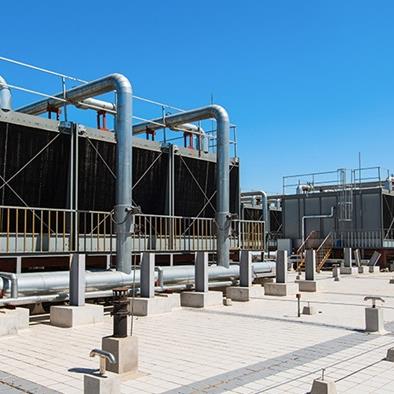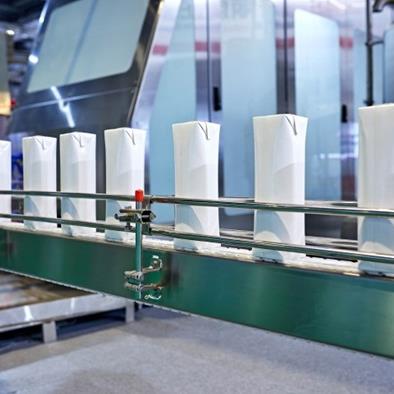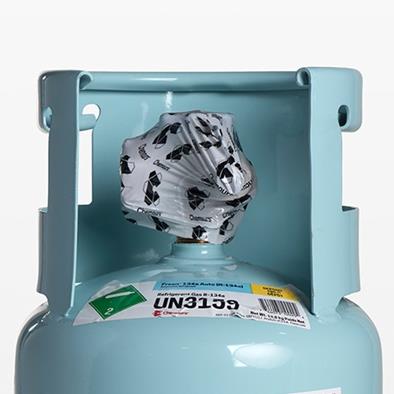Safeguard Perishable Foods, Chemicals, and Raw Materials
Industrial refrigeration systems are critical to many diverse industries, including restaurants, hospitals, manufacturing plants, and chemical processing facilities. Each of these industries has different requirements that dictate the specific refrigeration system needed for its products.
Refrigeration systems are available in a wide range of physical sizes and total cooling capacity. While the systems themselves vary, they all need efficient cooling and a high up-time. Manufacturers select the best refrigerants based on:
- Compatibility
- Stability
- Toxicity
- Flammability
- Performance
Alternative Industrial Refrigerant Options
For years, industrial refrigeration systems widely used the chlorofluorocarbon (CFC) R-12 or hydrochlorofluorocarbon (HCFC) R-22 because of the refrigerants' thermal stability, safety, nonflammability, minimal toxicity, and performance.
Now, original equipment manufacturers (OEMs) for industrial refrigeration are moving to refrigerant alternatives with the same benefits of CFCs and HCFCs, but that also align with regulations to phase out refrigerants with ozone depletion potential. Other refrigerant options that meet the requirements of industrial refrigeration systems include:
Long-Term Use Considerations
Regulations on the long-term use of refrigerants vary by region and application, and may change over time. For the latest information, visit the Regulations page.
If you're looking for a low GWP alternative, consider the portfolio of Opteon™ refrigerants by Chemours.









